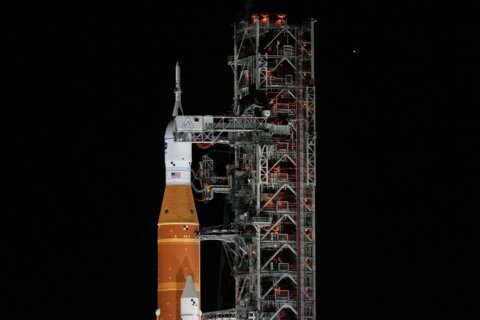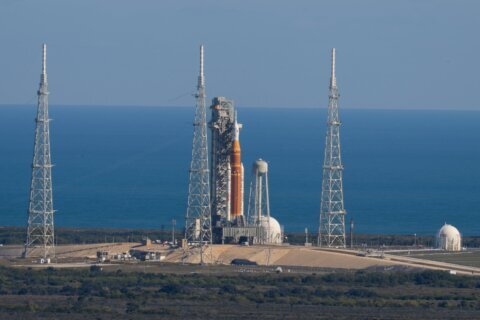WASHINGTON — It’s long been said that we know more about the surface of moon than we do the bottom of our oceans. But a Virginia tech professor says it’s even worse than that: “We have much better maps of Mars and even Venus than we do our own oceans,” said Dan Stillwell, a professor of electrical and computer engineering.
We only have maps or detailed information on about 5 percent of the oceans’ floors, he said. But that could be changing.
Stillwell directs the Virginia Tech’s Autonomous Systems and Controls Laboratory, and heads up the Virginia Tech-based XPRIZE team. They’re competing against about 20 other teams worldwide for the $7 million Shell Ocean Discovery X-Prize to come up with technology that could map the ocean floor faster and cheaper using autonomous, underwater drone-like vehicles.
He said, “These systems have to be fully autonomous and have to make their own decisions without any human supervision at all,” since communications in the deep ocean are difficult.
Right now, Stillwell said, the technology to map the deep ocean exists, but it’s very slow and really expensive to use.
Stillwell said he’s not focused on the prize money. He sees a whole new industry coming out of the process, using technology that could be used for such purposes as finding shipwrecks and planes that have gone down into the sea.







